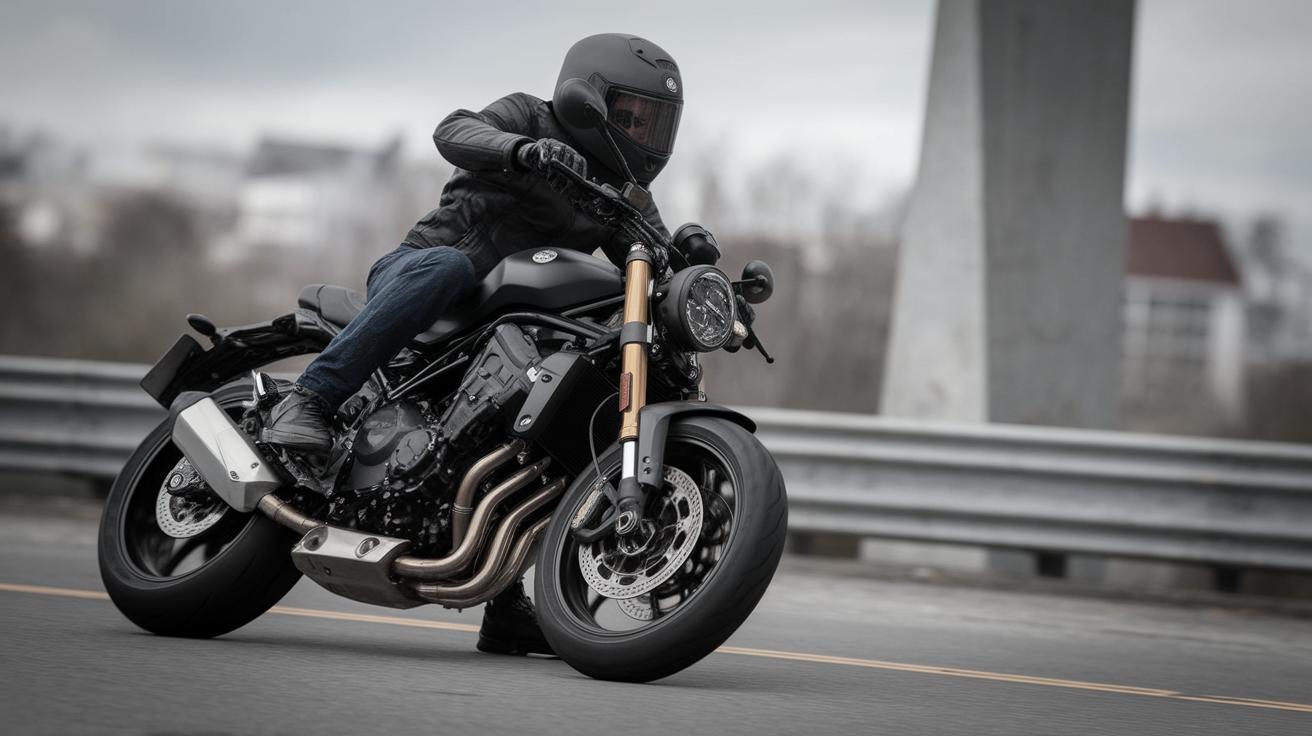Understanding Touring and Performance Tires: A Comprehensive Guide
Whether you’re a seasoned driver or a car enthusiast, understanding the differences between touring and performance tires can enhance your driving experience. Both types cater to different driving needs, offering unique features tailored to specific conditions and vehicle types. In this blog post, we delve deep into what constitutes touring and performance tires, compare their characteristics and benefits, and discuss how each affects your vehicle’s performance. Furthermore, we touch upon common issues in car suspension that may interact with your tire choices. By the end of this article, you’ll have a clearer picture of which type aligns with your driving style and vehicle requirements.
What are Touring Tires?
Touring tires are specifically designed for comfort and longevity, making them ideal for everyday driving. They are crafted to provide a smooth ride with minimized road noise, enhancing passenger comfort over long distances. Due to their moderate tread patterns, touring tires offer stability and reliable traction in various weather conditions, though they are primarily optimized for highway and city driving.
These tires often feature a longer tread life compared to performance tires. This is because touring tires use harder rubber compounds designed to withstand the wear and tear of daily commutes. The emphasis on durability makes them a cost-effective option for drivers who prioritize mileage over high-speed capabilities. Touring tires also contribute to improved fuel efficiency, as their low rolling resistance reduces the energy required to keep the vehicle moving.
Another advantage of touring tires is their versatility. They are commonly found on sedans, minivans, and crossovers, making them a popular choice for drivers who need a reliable tire for diverse conditions without sacrificing comfort. Despite not being optimized for extreme speed or high-performance conditions, they offer dependable handling and braking performance during everyday driving tasks.
What are Performance Tires?
Performance tires, often referred to as sport or high-performance tires, are engineered for drivers who crave speed and enhanced handling capabilities. These tires are characterized by their aggressive tread patterns and softer rubber compounds, which provide superior grip and responsiveness. This design makes them ideal for spirited driving and high-speed maneuvers, such as cornering and braking.
Unlike touring tires, performance tires prioritize traction and handling over longevity. The softer compounds tend to wear out faster, which requires more frequent replacements if the vehicle is used intensively. However, for performance-oriented vehicles such as sports cars, the enhanced cornering ability and improved steering responsiveness are well worth the trade-off. Additionally, many performance tires incorporate advanced technologies to manage heat and stress during high-speed driving, ensuring safety without compromising performance.
It is also important to note that performance tires may not perform as effectively in wet or icy conditions compared to touring tires. They are primarily designed for dry pavement and controlled environments, where drivers can push their vehicles to their limits. Nevertheless, advancements in tire technology have led to the development of high-performance all-season tires, providing increased versatility for performance enthusiasts.
Touring Tires vs. Performance Tires
When deciding between touring and performance tires, it’s crucial to understand your priorities and driving habits. Touring tires are ideal for drivers seeking reliability, comfort, and fuel efficiency. They offer a balanced performance for long trips and are engineered to provide a comfortable, quiet ride while presenting minimal resistance for improved gas mileage.
On the other hand, performance tires cater to those who enjoy dynamic driving experiences and require enhanced control and traction. For sports car owners or those who frequently drive on highways at higher speeds, performance tires provide that necessary control that complements their vehicle’s capabilities. However, this comes at the cost of a shorter tread life and slightly less comfort on uneven surfaces.
Ultimately, your choice should be influenced by your vehicle type, driving style, and the typical road conditions you encounter. Sometimes, a hybrid approach using all-season performance tires may offer a middle-ground solution, balancing the demands for both performance and comfort, albeit without the exceptional qualities of either category.
What Causes Car Suspension Problems? Common Issues Explained.
The condition of your car’s suspension system plays a critical role in tire performance and overall vehicle handling. Common suspension issues, such as worn-out shock absorbers, misaligned wheels, or faulty struts, can notably impact tire longevity and performance. A compromised suspension system may cause uneven tire wear, reducing both safety and efficiency.
Regular maintenance is key to preventing suspension-related tire issues. Ensuring that all suspension components, including springs and dampers, are in good condition will help maintain the contact patch efficiency of your tires. It’s also advisable to check your tire alignment regularly, as misalignment can lead to premature tire wear and sub-optimal vehicle dynamics.
Understanding the interaction between your vehicle’s suspension system and tires can aid in making informed decisions regarding tire purchases and maintenance schedules. Upgrading a vehicle’s suspension to match the desired tire characteristics can optimize the vehicle’s overall performance, offering a more pleasant driving experience regardless of your chosen tire type.
Lessons Learned
| Aspect | Touring Tires | Performance Tires |
|---|---|---|
| Design Purpose | Comfort and longevity | Speed and handling |
| Tread Pattern | Moderate | Aggressive |
| Rubber Compound | Harder, durable | Softer, more grip |
| Ride Comfort | Smooth, quiet | Enhanced control, less smooth |
| Fuel Efficiency | High | Moderate |
| Best Suited For | Daily driving, long trips | Spirited driving, sports vehicles |
| Common Uses | Sedans, minivans, crossovers | Sports cars, performance vehicles |

Laisser un commentaire